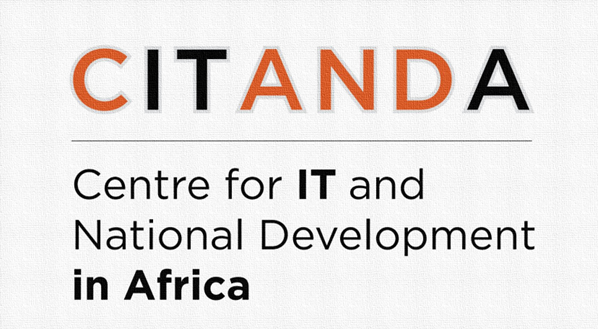Publication Date
10-1-2019
Abstract
This study determined the influence of socioeconomic factors to the adoption of mobile phones in the farming community of Tanzania. Currently, a series of well-established models (such as the TAM, UTAUT and the Social Capital Model) provide inadequate consideration toward socioeconomic factors, by ignoring them, or putting them under the same cluster, regardless of their differences in impacting the technology use. Methodologically, a survey strategy was adopted, with a sample of 116 respondents. The study involved farmers along the Pangani River Basin, found in Kilimanjaro and Tanga Regions of Tanzania. Data was analyzed using advanced quantitative methods such as the ANOVA, Multiple Regression and Chi-Square models. The following results were observed: the user experience and the peer influence determined the perception of farmers on benefits of mobile phones in agriculture; the perceived benefits, peer influence and the purchasing power determined the intention to use the mobile phones in agriculture; and the intention to use mobile phones determined the rate of use. The mobile use demands showed insignificant relationships with both the intention and the rate of use.


